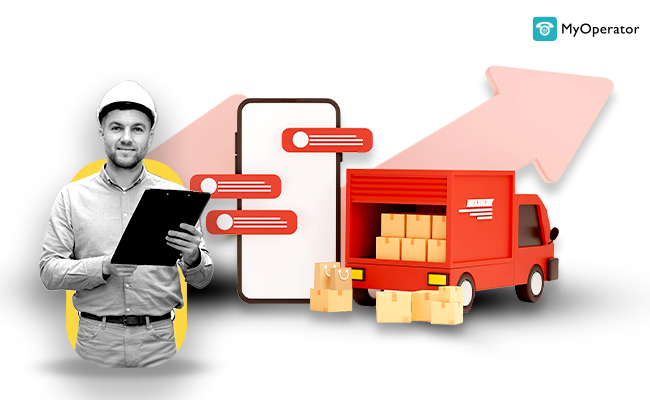Logistics companies play an important role in ensuring that goods get to their destinations on time.
Order tracking is a crucial part of their business operations since it enables them to keep track of the progress of shipments and give consumers precise information.
They get real-time visibility into their orders through the combination of advanced technology and simplified procedures, enabling them to track the status of their orders, deal with any possible bottlenecks, and give consumers precise information.
Statista reports that as e-commerce has grown, so has the need for effective logistical solutions. Recently, 14.1% of all retail sales were conducted online, underscoring the importance of efficient order monitoring.
This article will explore how efficient logistics organisations track orders between branches by utilising the latest technologies and efficient approaches.
1. Centralised system for managing orders
In order to track orders across all branches, successful logistics organisations use a central order management system.
This technology makes it possible to see the progress of each cargo in real-time, assuring accurate and current information.
As to the findings of a Supply Chain Insights survey, 63% of logistics experts believe that achieving operational excellence requires order visibility throughout the supply chain.
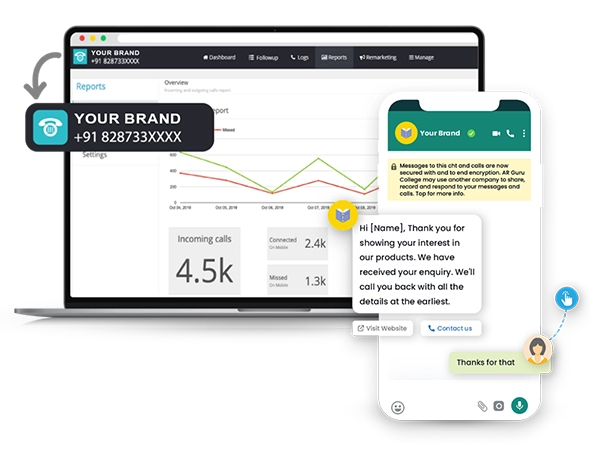
2. Technology for Barcoding and Scanning
Scanners and barcodes have completely changed how logistics companies track their orders.
Each shipment receives a distinct barcode that enables scanning at numerous checkpoints along the way.
By updating the system with the barcode scan, the location and movement of the product are immediately available.
Per the findings of a Zebra Technologies report, 94% of logistics companies are keen on utilising barcode scanning technology to track orders.

3. GPS, or the Global Positioning System
Based on MarketsandMarkets analysis, the necessity for effective fleet management will drive the GPS tracking device market’s growth to $2.53 billion by 2023.
Companies that handle logistics use GPS technology to track their shipments and automobiles in real-time. GPS offers precise vehicle tracking, assuring effective routing and reducing delays.
Customers that use GPS-enabled tracking devices can keep track of their orders, giving them confidence and transparency.
4. Integration with Delivery Partners
With delivery service providers, successful logistics companies develop solid connections.
Even beyond the company’s branches, tracking shipments is simple due to their integration with these partners’ systems.
From the time an order is placed until it arrives at the customer’s door, end-to-end visibility is ensured owing to this collaboration.
In an Accenture survey, 71% of logistics executives agreed that integrating and working with outside partners is crucial to gaining supply chain visibility.

5. Automated Notifications
Logistics businesses automatically notify clients of the progress of their orders via email, SMS, or mobile apps.
These alerts contain information on any severe delays or problems, as well as updates on the package’s location and projected delivery time. Have you heard about cloud call center?
On the other hand, a cloud contact center is a system that helps businesses communicate with their customers using different channels like voice calls, chat messages, WhatsApp for business, and more. It works using cloud technology, which means it operates over the internet.
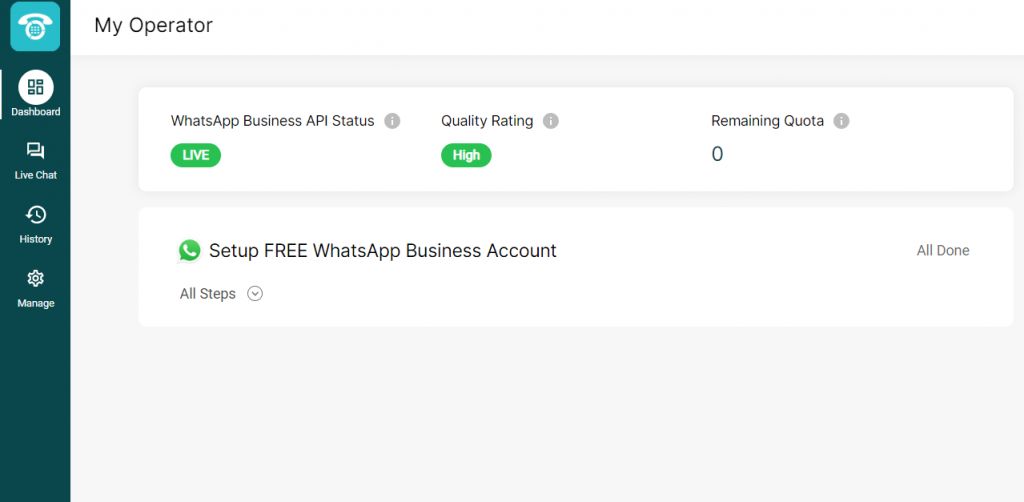
This allows businesses to access and use the contact center system from anywhere as long as they have an internet connection.
Prompt communication increases client happiness and fosters faith in the company’s offerings.
According to a Narvar poll, 87% of consumers want fast, proactive notifications about their shipments.
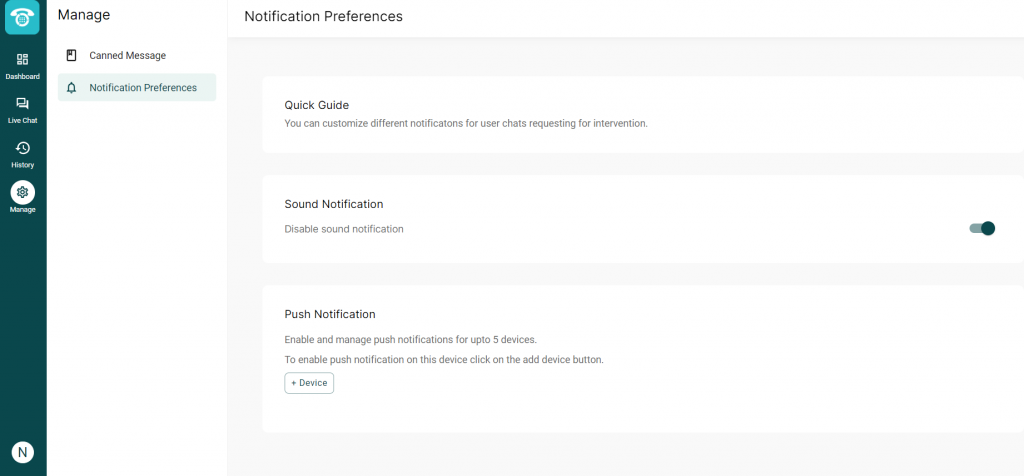
6. Reporting and Data Analytics
To gain insights from order monitoring data, successful logistics organisations use data analytics technologies.
This data analysis helps in roadblock identification, route improvement, and efficiency enhancement.
Regular reporting gives management useful information that they can use to guide continual improvement and make educated decisions.
With MyOperator’s VoIP-led contact center software, backed by the latest advancements in AI-powered Analytics, you can seamlessly generate tailored reports.
It uses advanced speech recognition and sentiment analysis technologies, providing invaluable insights into customer interactions.
To improve operations, boost customer satisfaction, and drive your contact center’s performance to new heights, dig deep into the performance reports.
With MyOperator’s comprehensive VoIP solutions and advanced analytics tools, transform the way you engage with your customers, fostering lasting relationships built on superior service and unparalleled efficiency.
According to a DHL and IBM study, big data analytics would have a disruptive effect on the logistics sector within the next five years, based on 65% of the organisations surveyed.
7. Effective Warehouse Management
Improved warehouse management procedures are necessary for efficient order tracking.
By avoiding errors and delays in order fulfilment, logistics businesses ensure effective stock management.
Companies can precisely manage inventory movement and guarantee efficient order processing by strategically structuring warehouses, implementing a Warehouse Management System (WMS), and putting barcode scanning technologies in place across the facility.
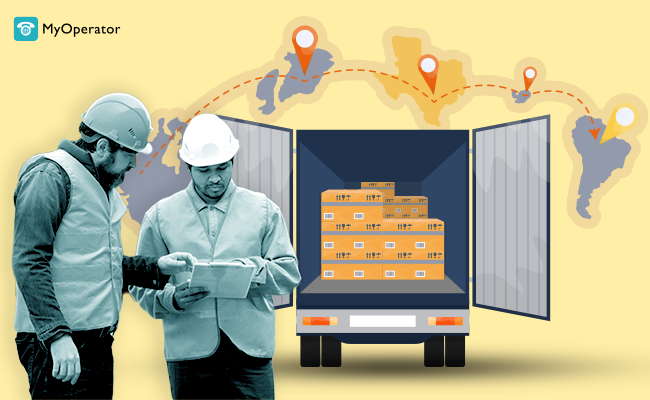
How Cloud Contact Centers Drive Efficiency and Customer Satisfaction in Logistics Operations
Success in the logistics sector depends on clear communication and efficient operations. Cloud contact center solutions have come to light as a game changer, providing enhanced features and capabilities that streamline communication procedures for logistics companies.
Adopting cloud contact centre solutions such as MyOperator is a sensible investment for logistics organisations aiming to remain competitive in the digital age and provide excellent customer experiences.
Let us learn more.
1. Advanced IVR
Cloud contact centers provide logistics businesses with an Advanced Interactive Voice Response (IVR) system. With multi-level IVR solutions and unique voice workflows, businesses can design intelligent call routing and distribution mechanisms.
Have you heard about the benefits of the MyOperator multi-level IVR system?
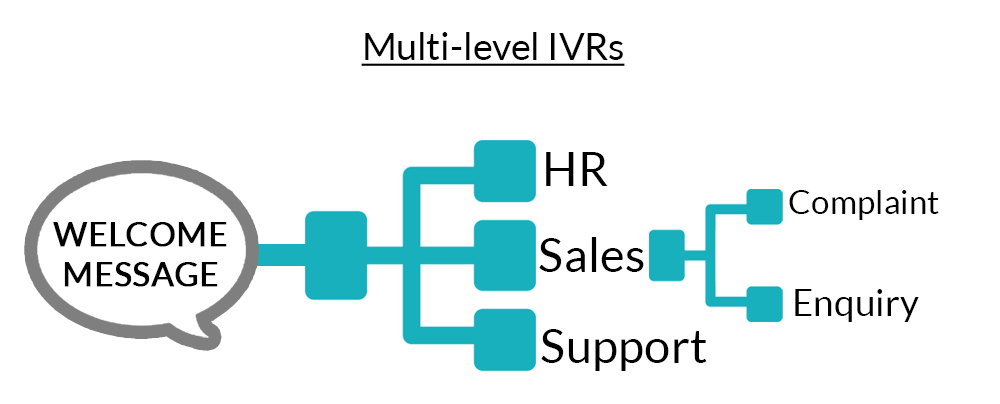
Well, it includes the following:
- Multi-level IVR system involves a hierarchical structure within the IVR system.
- Each level represents a specific department or service within the organisation.
- For instance, a company with departments like HR, sales, and support would have a multi-level IVR with 3 tiers.
- The first level acts as the primary menu, offering options for different departments or services.
- Callers can select their desired option, which directs them to subsequent levels based on their selection.
- The multi-level IVR system enables efficient call routing and minimises caller wait times.
- MyOperator’s multi-level IVR is customisable, allowing logistics businesses to tailor the call flow as per their organisational structure.
- The system automates call distribution, reducing the workload on customer support teams.
- It helps businesses project a professional image and deliver a personalised experience to callers.
- The user-friendly interface of MyOperator’s multi-level IVR simplifies the implementation and management process.
- It enhances overall operational efficiency and customer satisfaction by ensuring prompt and accurate call routing.
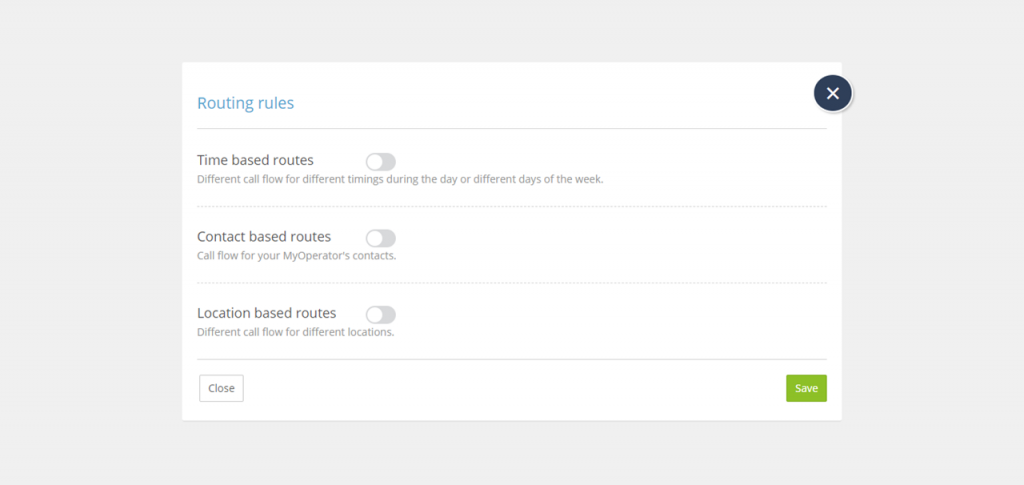
This ensures that incoming business customer care number calls are efficiently directed to the most appropriate agents or departments, minimising wait times and improving customer satisfaction.
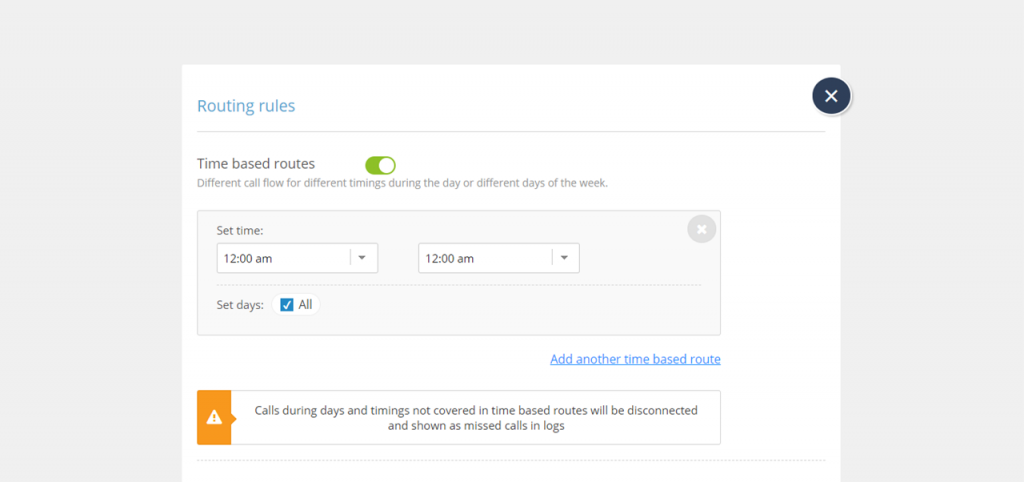
The sticky agents’ feature ensures that returning customers are connected to the same agent they previously interacted with, enhancing continuity and personalised service.
2. VoIP-enabled Software
Cloud contact centers provide VoIP-enabled software that enables web calling for logistics companies. This feature uses Voice over Internet Protocol (VoIP) technology to ensure a greater Quality of Service (QoS).
Regardless of distance, it offers smooth and high-quality sound connections between clients and agents. Software that supports VoIP numbers for business does away with the necessity for conventional phone lines, reducing expenses while providing crystal-clear audio for improved customer interactions.
3. Omni-channel Integrations
To offer a genuine Omni-channel experience, cloud contact centers connect voice workflows with well-known messaging services like WhatsApp Business platform and SMS.
Leveraging these interfaces, logistics companies can increase consumer contact options by opening up new lines of communication.
This makes it possible for customers to switch between voice calls, text messages, WhatsApp API, and other communication channels with ease, increasing their comfort and flexibility.
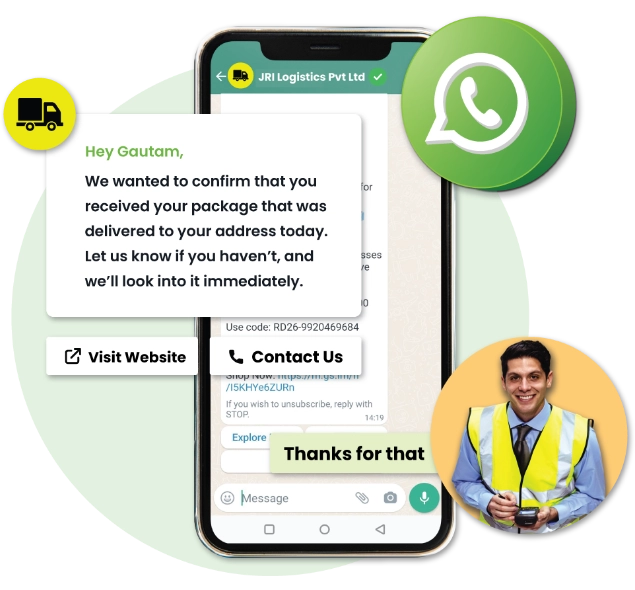
4. Smart Mobility
Logistics companies can use smart mobility since cloud contact centers are created for a hybrid, mobile-first world. With mobile-based dialler suites, agents are able to place and receive calls while on the go.
This function enables agents to continue working and being reachable even when they are not in a standard workplace. Agents may take client calls and offer real-time help whether they are on-site, on the go, or working remotely, improving responsiveness and work efficiency.
With MyOperator CRM Connect, the hassle of integrating remote calls with prominent CRMs like Zoho or your proprietary CRM is a thing of the past.
By leveraging our pre-built integrations, you can now effortlessly streamline your sales and delivery cycles, enabling you to focus on what truly matters: nurturing valuable customer connections.
To improve your CRM experience, eliminate the tedious manual entry process and adopt a smooth, automated one.
A Real-World Example of Logistics Companies: The V-Trans- MyOperator Success Story
The success story of V-Trans and MyOperator showcases how the implementation of MyOperator IVR Cloud Communications suite revolutionised V-Trans’ customer retention strategies.

By replacing their traditional Toll-Free number with a comprehensive call management system, V-Trans overcame numerous challenges and achieved remarkable improvements in customer interactions, leading to a significant increase in customer retention, a decrease in churn rate, and a notable rise in on-call deal closures.
- V-Trans, a prominent logistics and cargo management service provider in India, sought to enhance its customer data capturing capabilities and streamline its communication processes.
- Challenges faced by V-Trans included limited call capacity, queuing issues, and the inability to capture call data, resulting in a lack of auditing and quality checks.
- MyOperator’s Cloud Communications suite provided V-Trans with a virtual phone number and an IVR system, resolving their existing challenges and improving client interactions.
- The implementation of MyOperator’s Call Management solution led to significant benefits, including improved auditing and data verification, real-time follow-up reminders, and enhanced tracking of call volume.
- V-Trans experienced a 65% increase in customer retention, a reduction in customer churn rate, and a threefold increase in on-call deal closures, showcasing the tangible impact of MyOperator’s solution on their business operations.
- V-Trans acknowledged the positive impact of MyOperator’s system, particularly in terms of understanding call volumes, monitoring call quality, and enhancing overall customer support services.
Logistics companies may increase operational effectiveness, remain productive while on the go, and ultimately gain a competitive edge in the market by adopting cloud contact center solutions.

